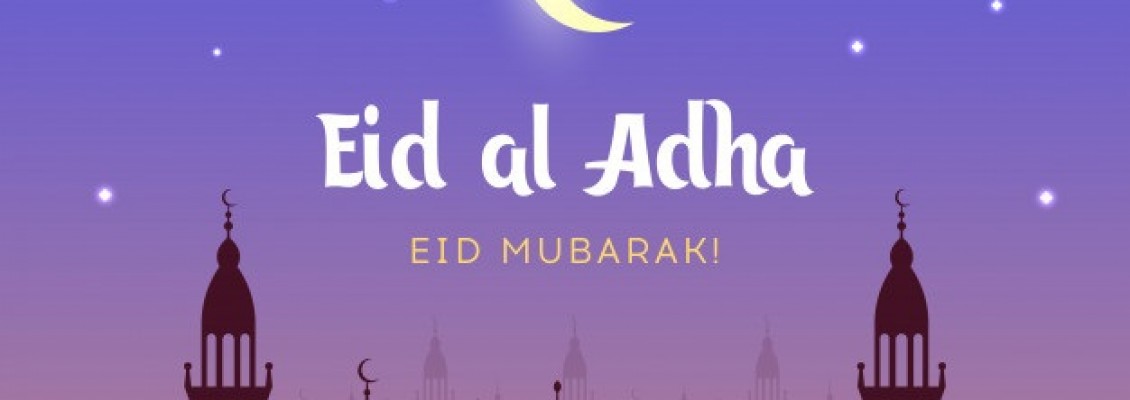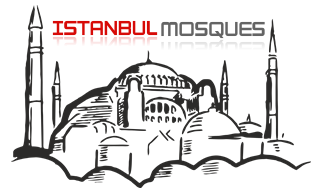
EID AL-ADHA (FESTIVAL OF SACRIFICE)
Eid al-Adha (Festival of Sacrifice) is one of the two important festivals in Islam. Muslims who are financially able sacrifice ritually acceptable animals as an act of obedience and a commemoration of Prophet Abraham’s devotion and submission to Allah, following the time of completion of Hajj (pilgrimage) on the tenth day in the last month of the Islamic Calendar.
Muslims get up early on the first day Eid al-Adha to perform a congregational prayer at the daybreak. Mostly, Muslims who can afford to buy an animal or a share with others sacrifice an animal acceptable according to the rulings are Islam which are camel, cow, sheep and goat. The flesh of animals is distributed among the shareholders (if any) for themselves, the poor, relatives and neighbours. During the eid, people visit each other to spend this beautiful time of year together.
The action of sacrifice is only important because of the meaning behind the action and the intention of the person who sacrifices. Qurban (Sacrifice) etymologically means “closeness” and “a way or means of approaching someone”. The aim of the festival is not to eat meat or to offer the meat to Allah. It is clearly stated in the Qur’an that “Neither their meat nor blood reaches Allah. Rather, it is your piety that reaches Him.” [Qur’an 22:37]. Therefore, the very main reason for sacrifice is to remember Allah, show gratitude and homage, and seek His consent through sacrifice as a way to get close to Him. Moreover, the meat is distributed to mostly poor people who cannot afford it normally and usually have only access to it on Eid al-Adha. This is also important, as it is considered charity and again submission to Allah’s will, which is taking care of the poor.
Islam, as a word, comes from the meanings of “peace” and “submission” and a Muslim is the one who peacefully submits to one Allah and His will. That’s why sacrifice is also always understood as an act of obedience and expression of sincerity. When the Adam’s sons Abel and Cain offered a sacrifice to Allah, Allah only accepted the offering of Abel as it is said “Allah only accepts ˹the offering˺ of the sincerely devout” [Qur’an 5:27], meaning it is really crucial to have a right motive and sincerity while offering a sacrifice. However, Eid al-adha is more related to commemoration of devotion and obedience of Prophet Abraham, who was fully ready to sacrifice his son, as well as his son’s submission to the will of Allah. Prophet Abraham, who was a Muslim, prayed to Allah to have a son, and Allah bestowed him one even though he was at an old age. Then, as a test, Allah showed him a dream in which he sacrificed his son to Allah.
Qur’an mentions the story of their devotion;
“Then when the boy reached the age to work with him, Abraham said, “O my dear son! I have seen in a dream that I ˹must˺ sacrifice you. So tell me what you think.” He replied, “O my dear father! Do as you are commanded. Allah willing, you will find me steadfast.” Then when they submitted ˹to Allah’s Will˺, and Abraham laid him on the side of his forehead ˹for sacrifice˺, We called out to him, “O Abraham! You have already fulfilled the vision.” Indeed, this is how We reward the good-doers. That was truly a revealing test. And We ransomed his son with a great sacrifice, and blessed Abraham ˹with honourable mention˺ among later generations: “Peace be upon Abraham.” This is how We reward the good-doers. He was truly one of Our faithful servants.” [Qur’an 37: 102-111]
Abraham was ransomed with a ram before he sacrificed his son to Allah. This action showed how he was devoted to Allah and willing to obey His command. This is what makes sacrifice significant, and what we should be seeking to achieve as Muslims who have submitted themselves to Allah.

Leave a Comment